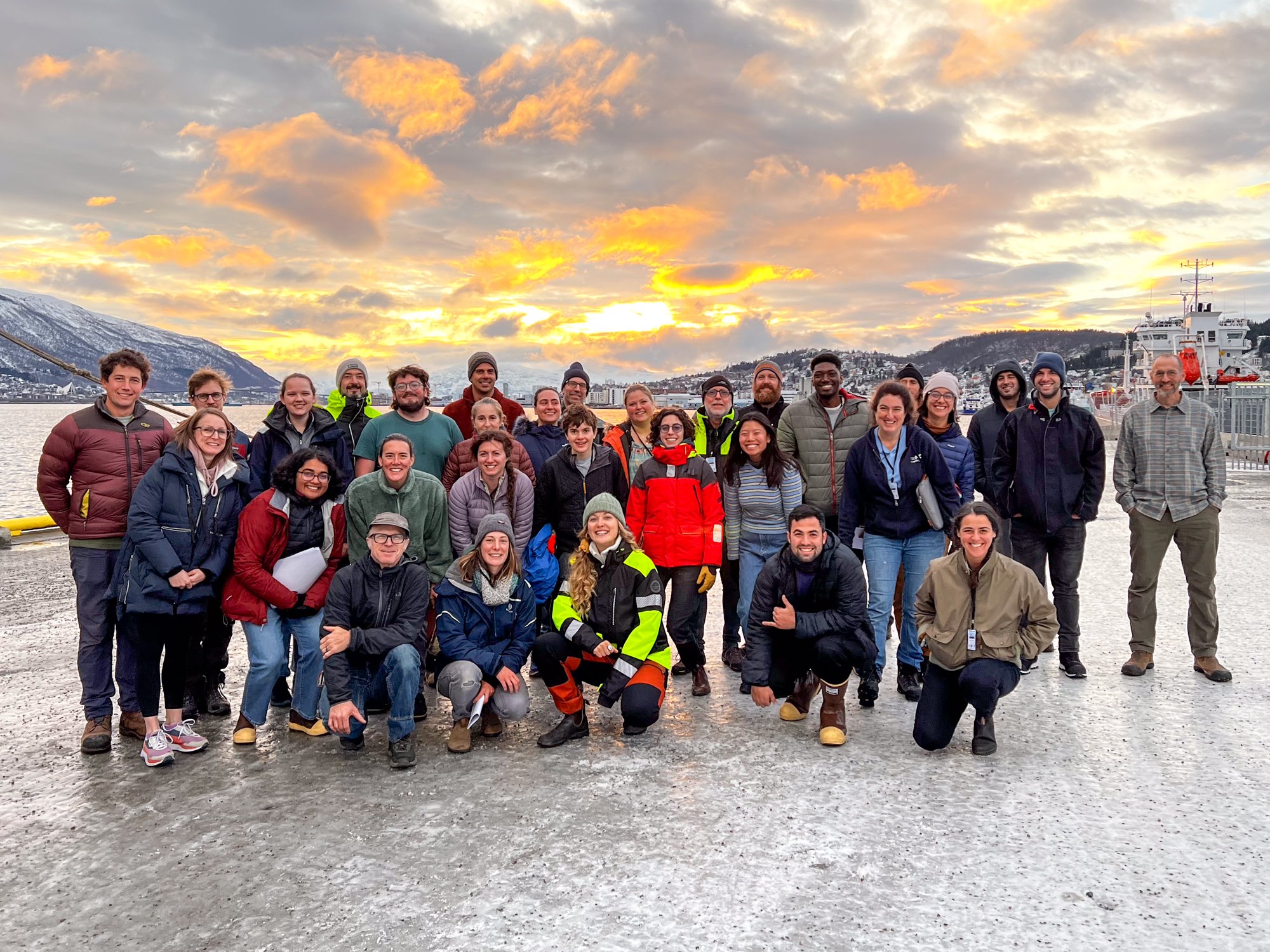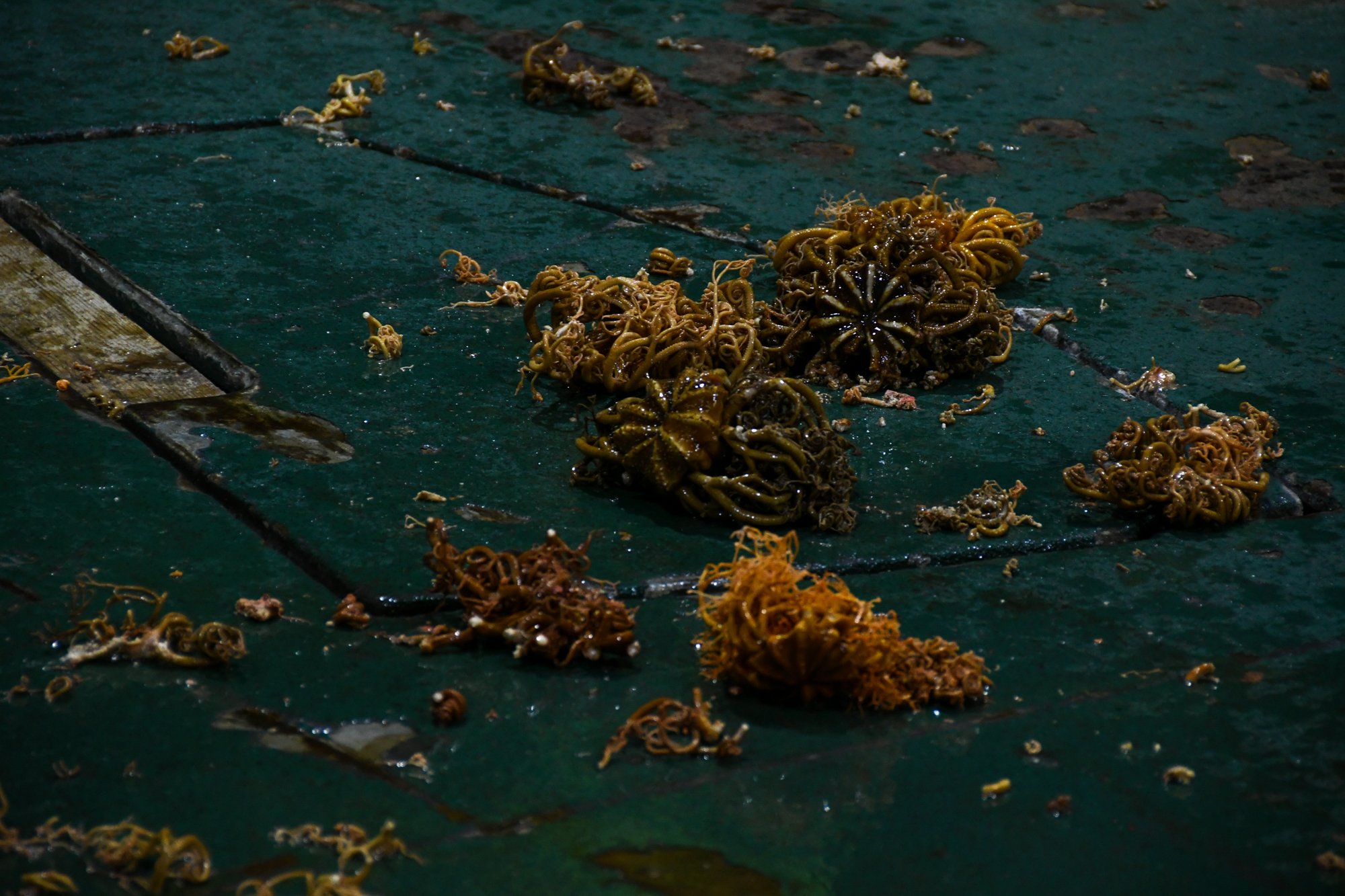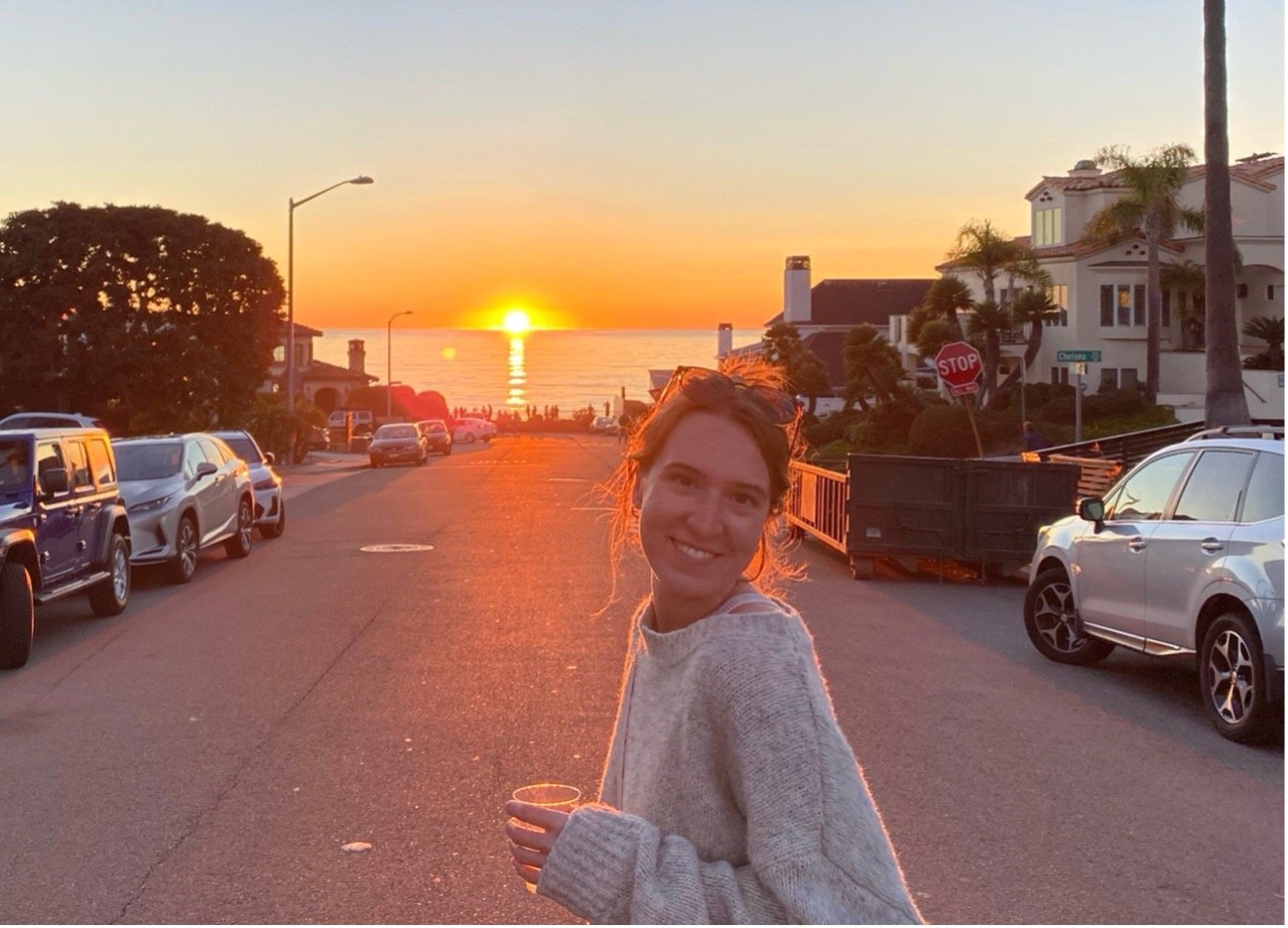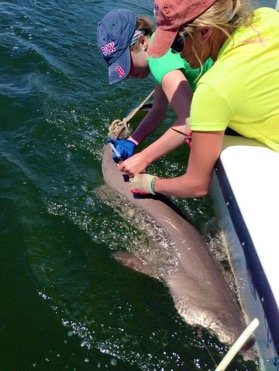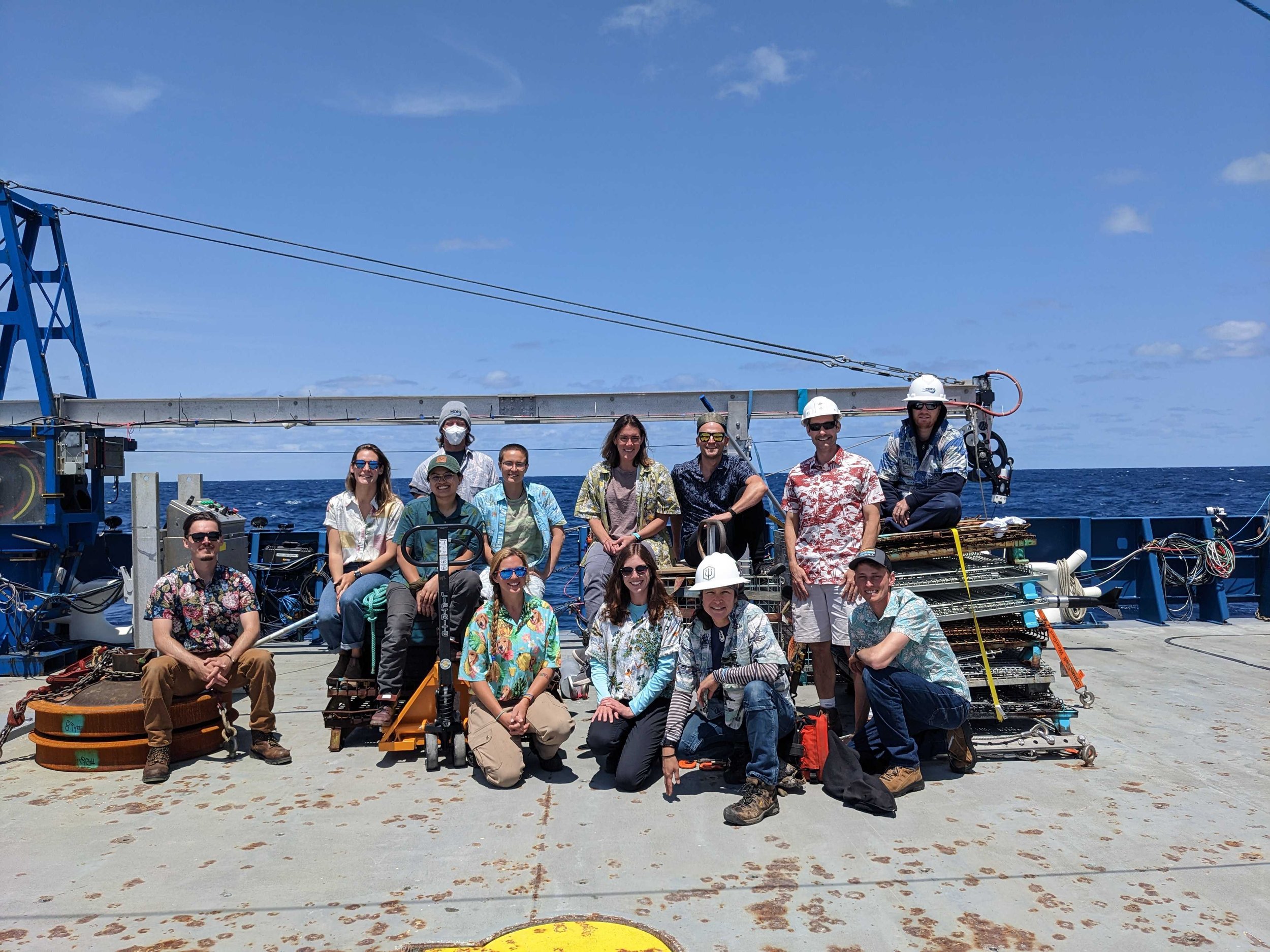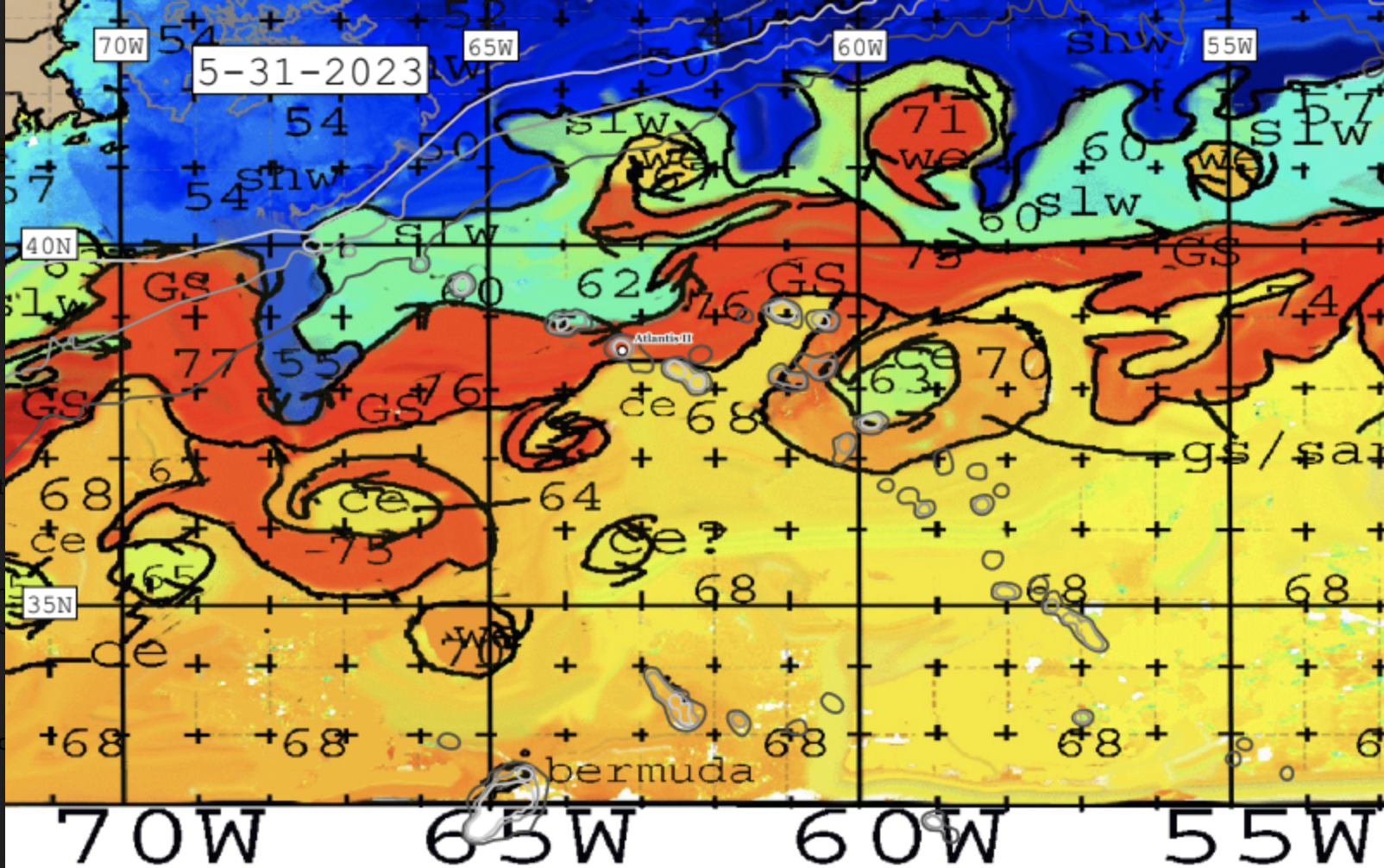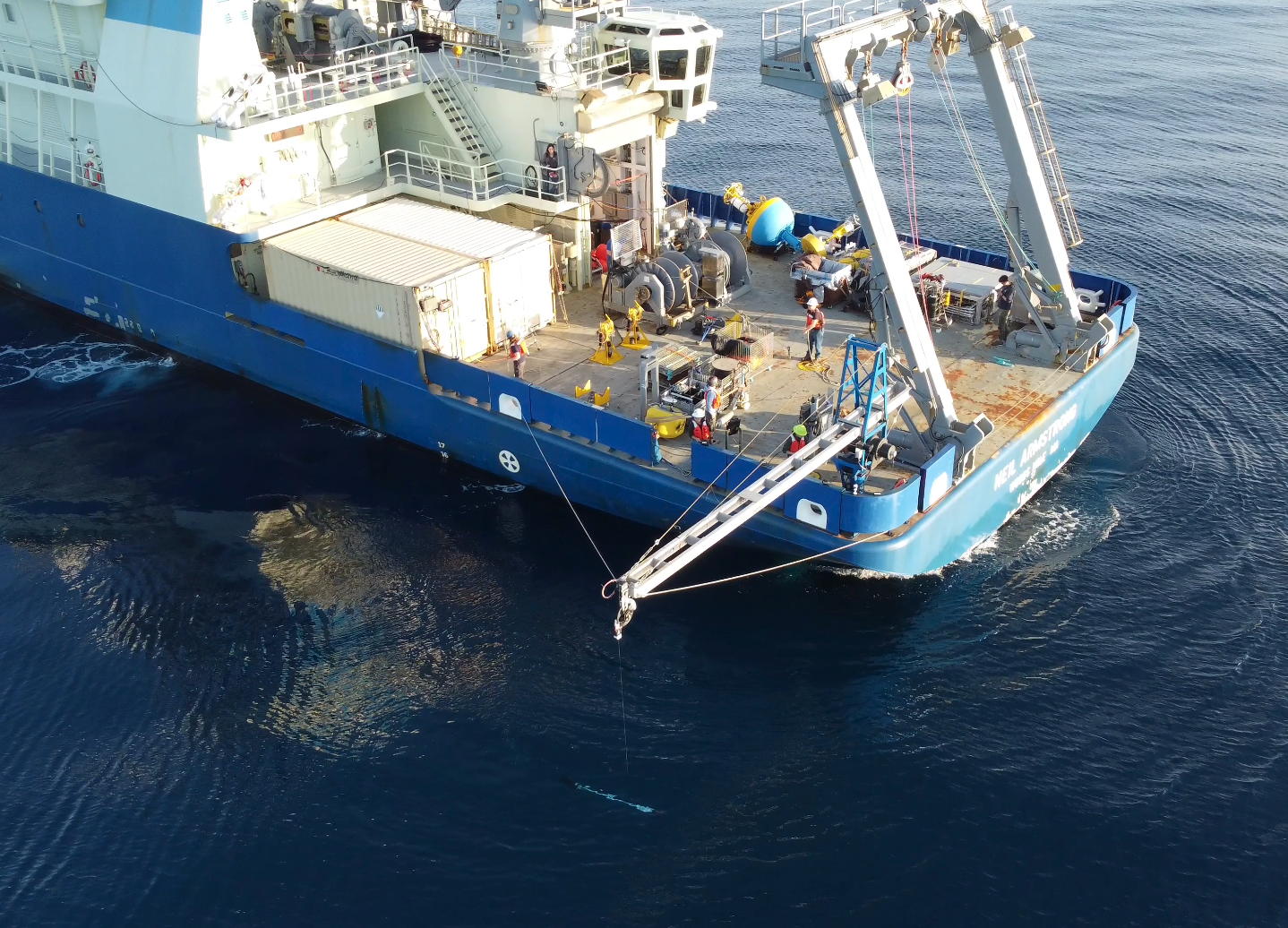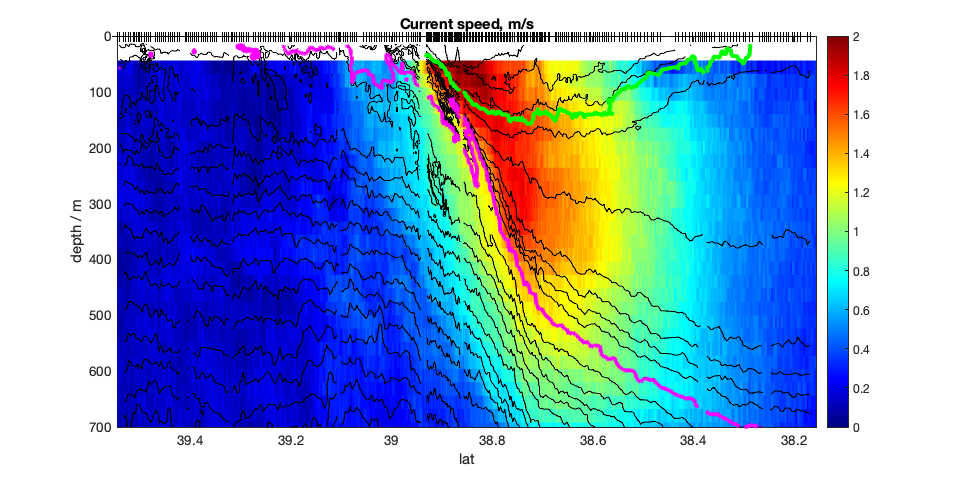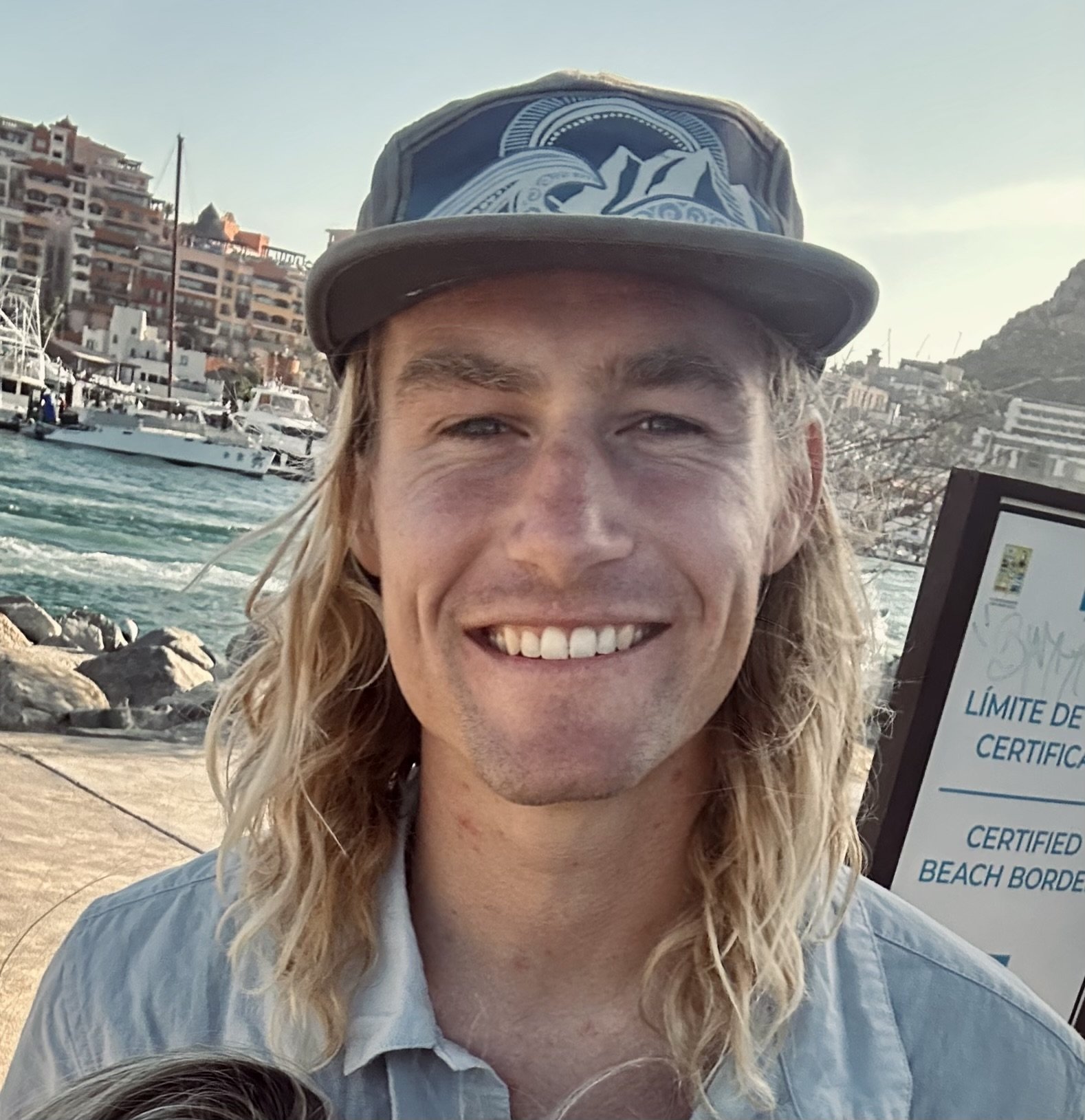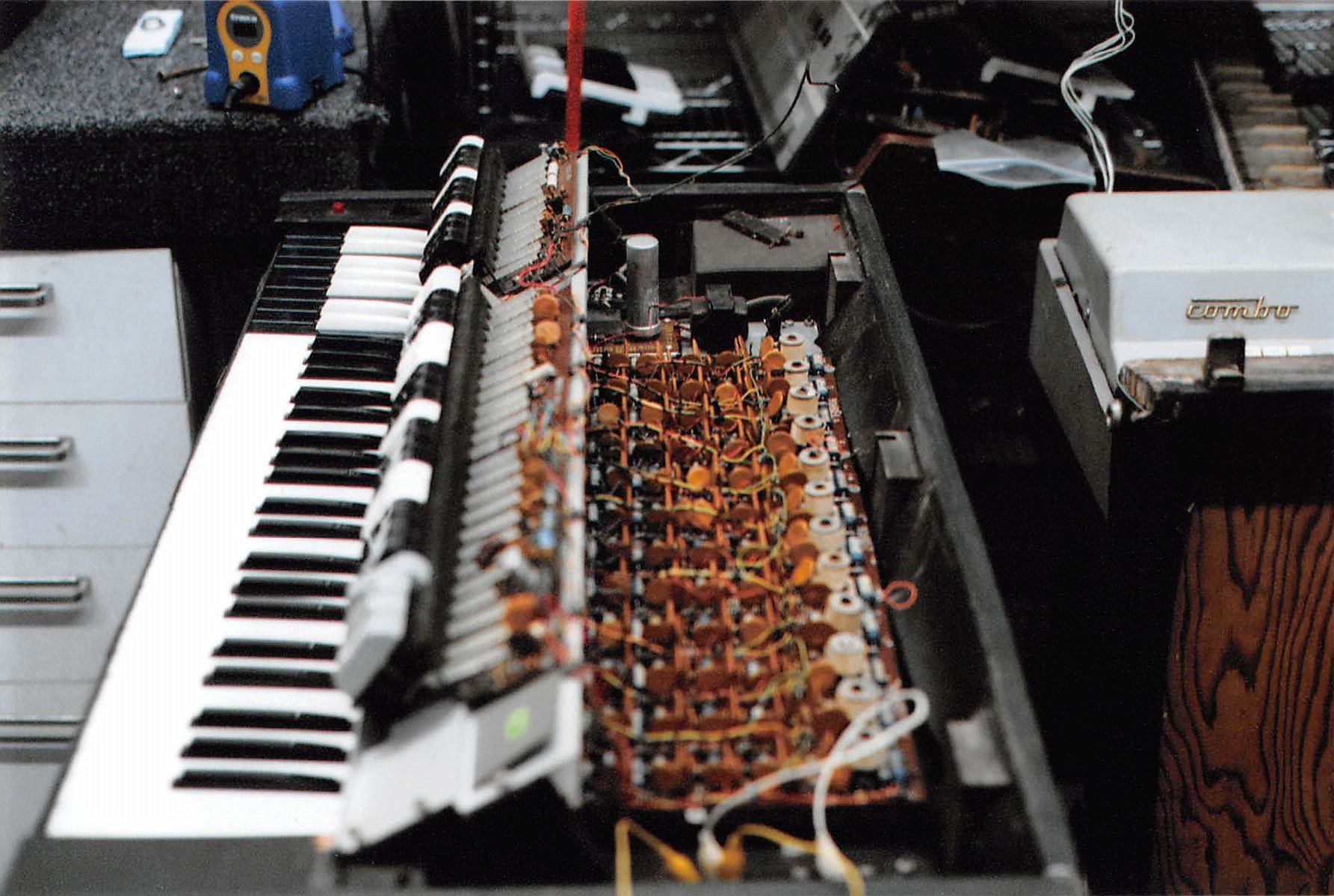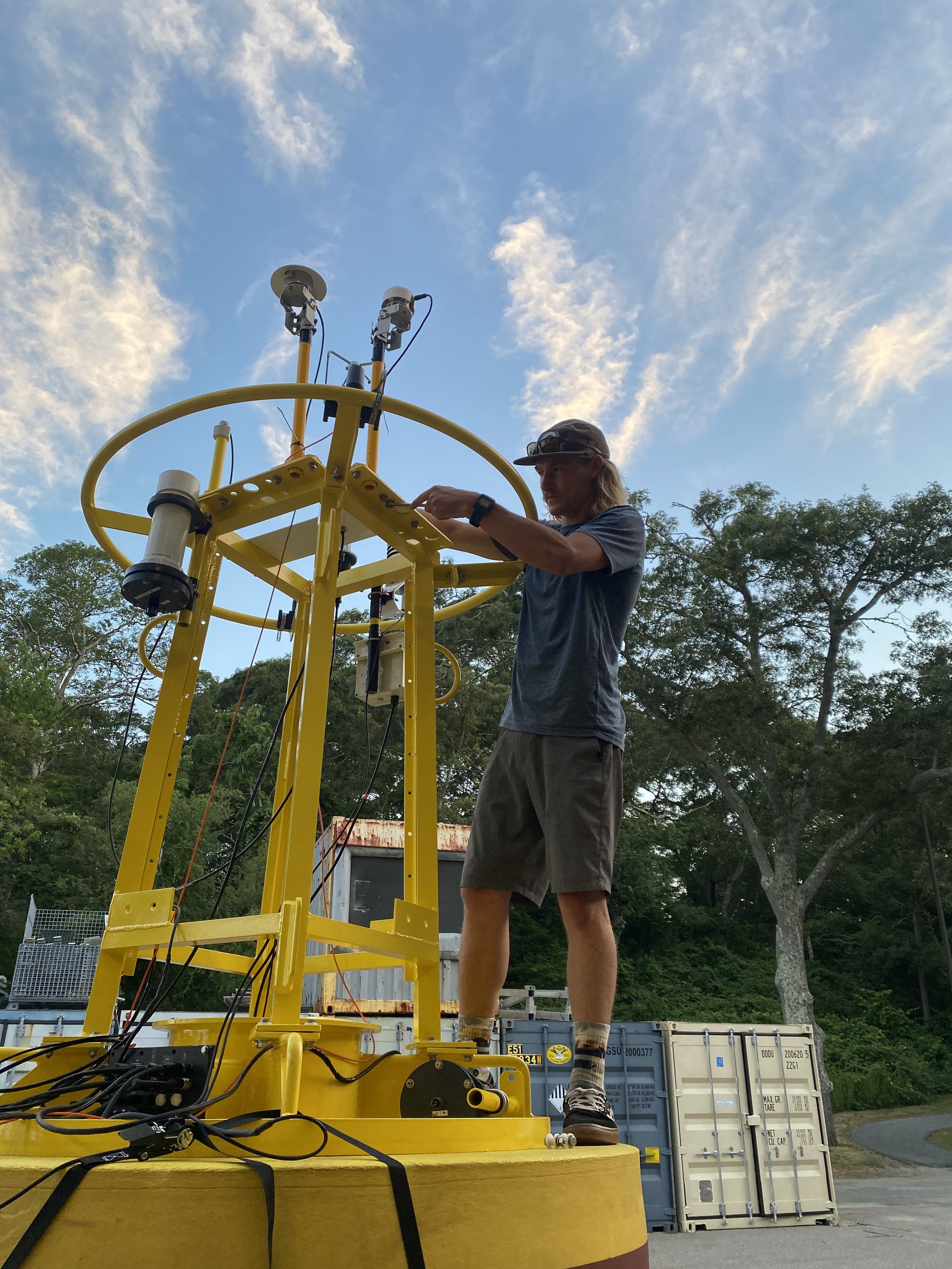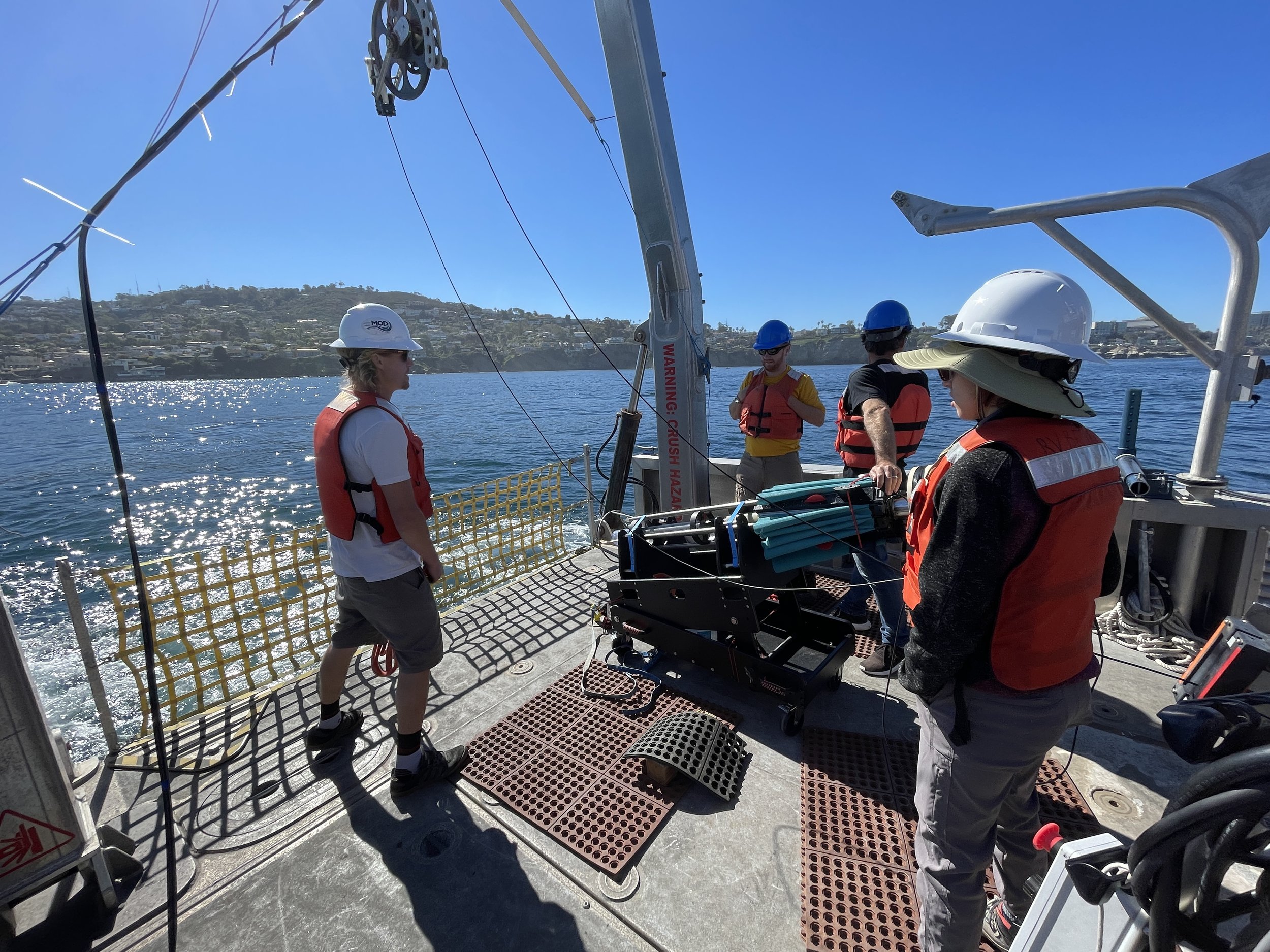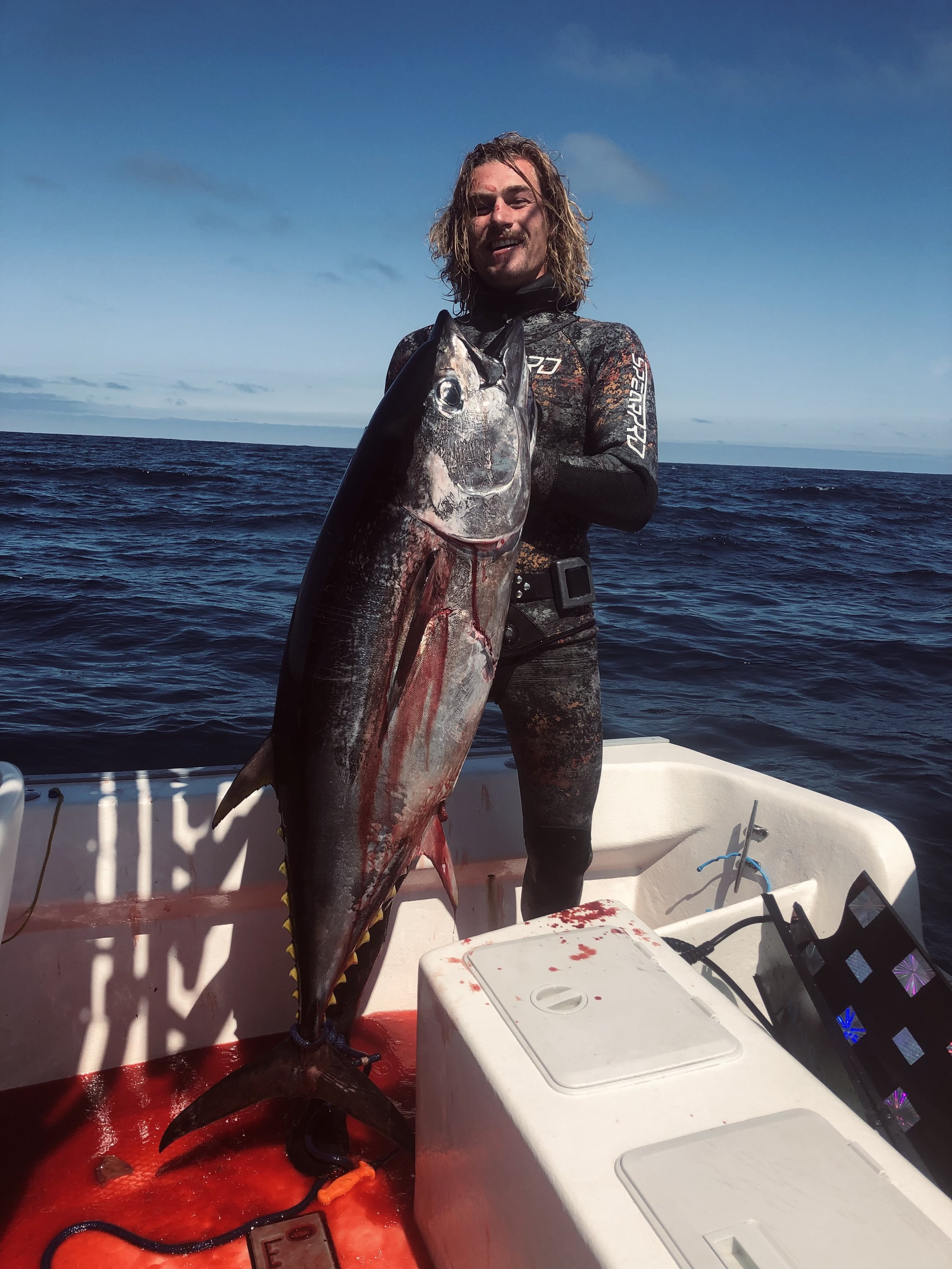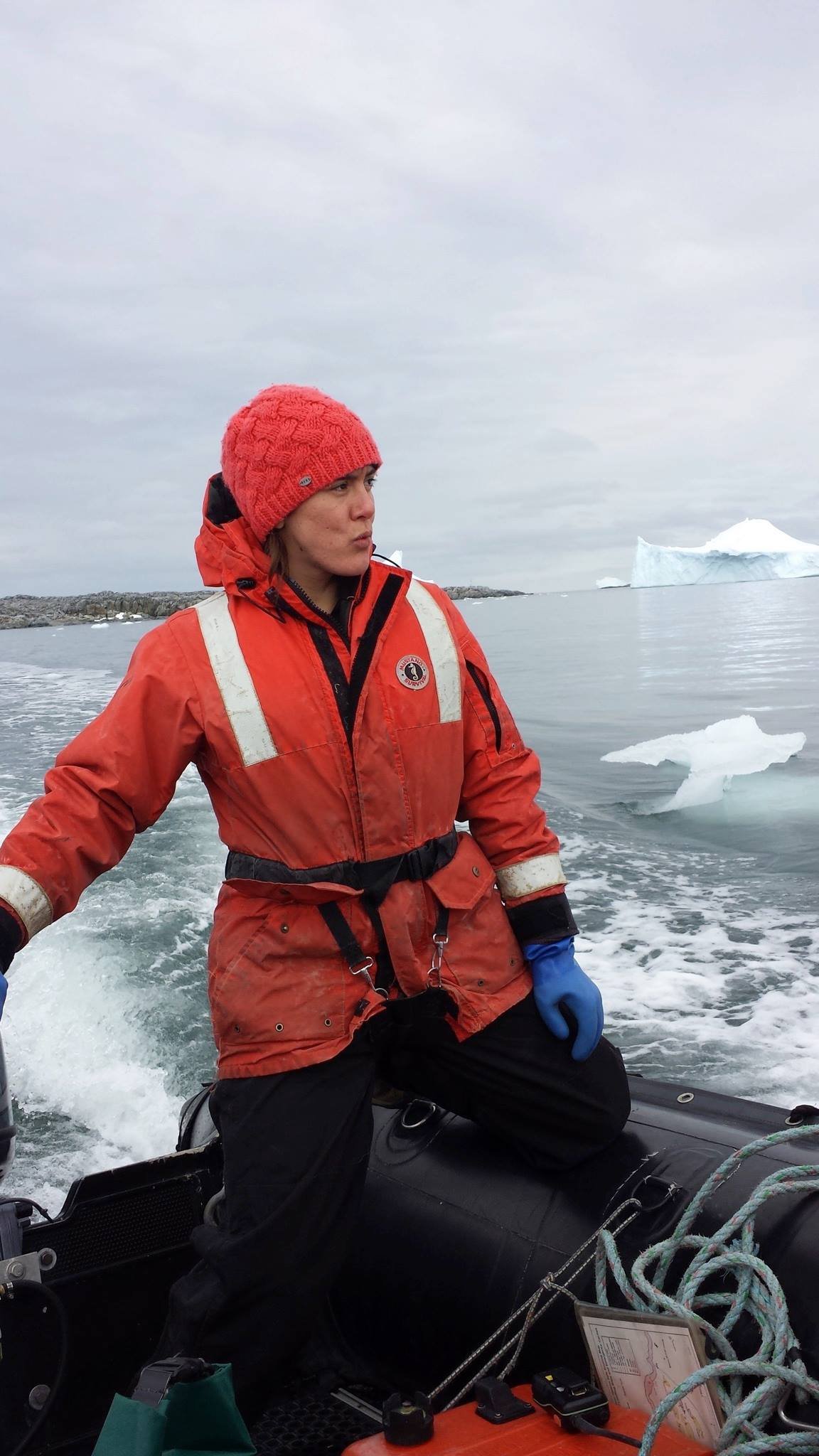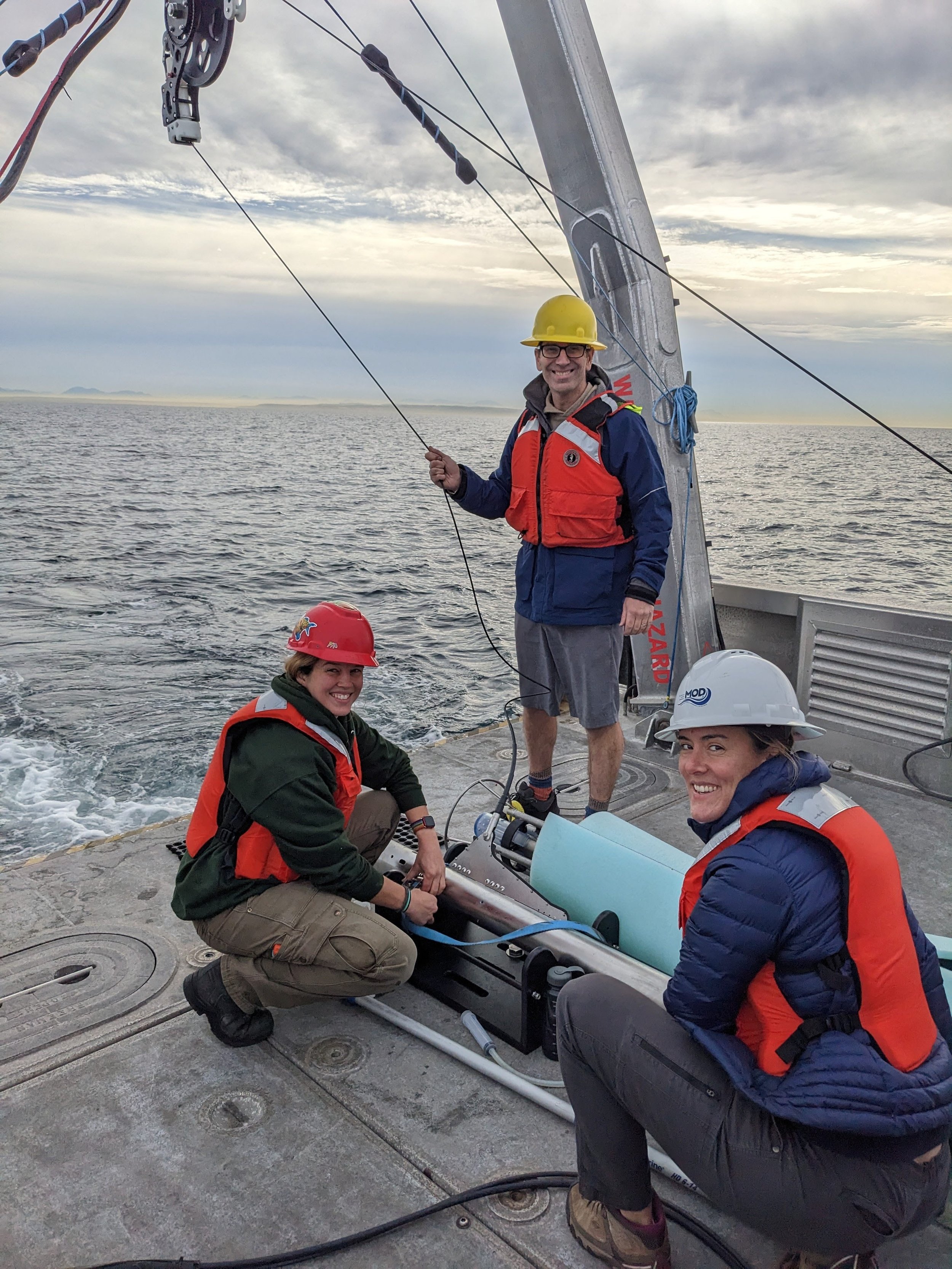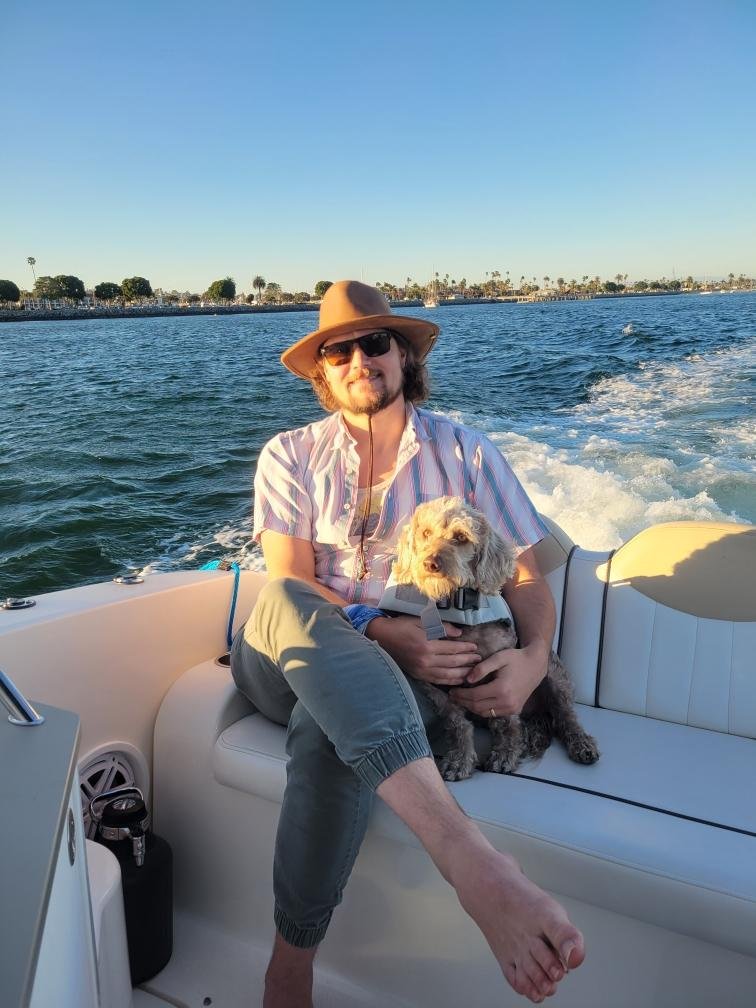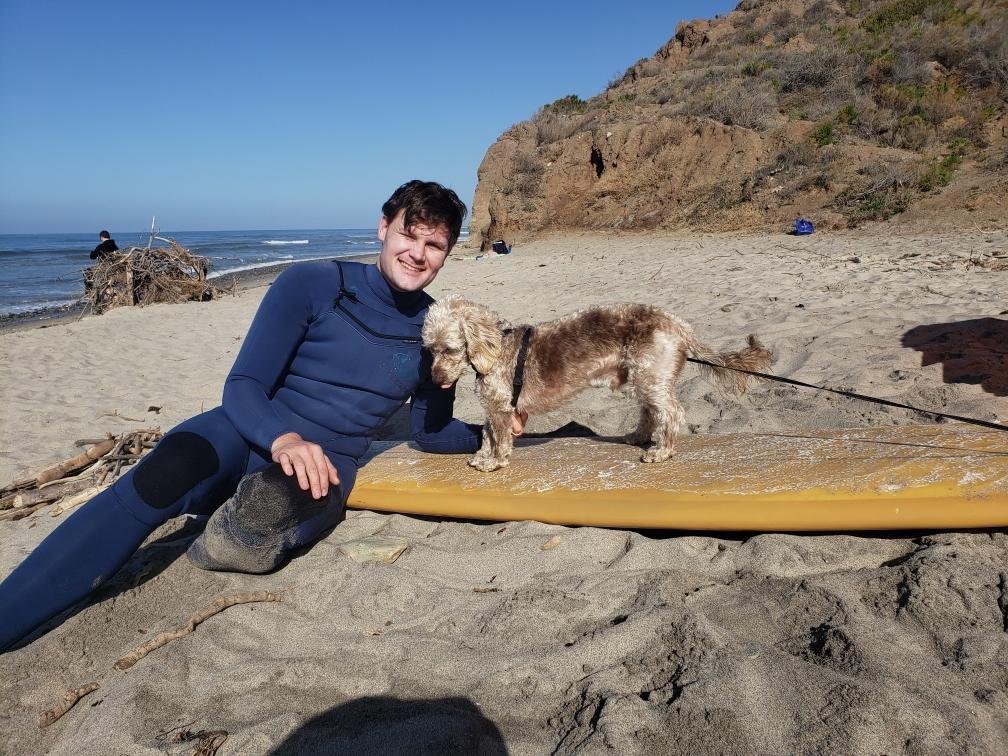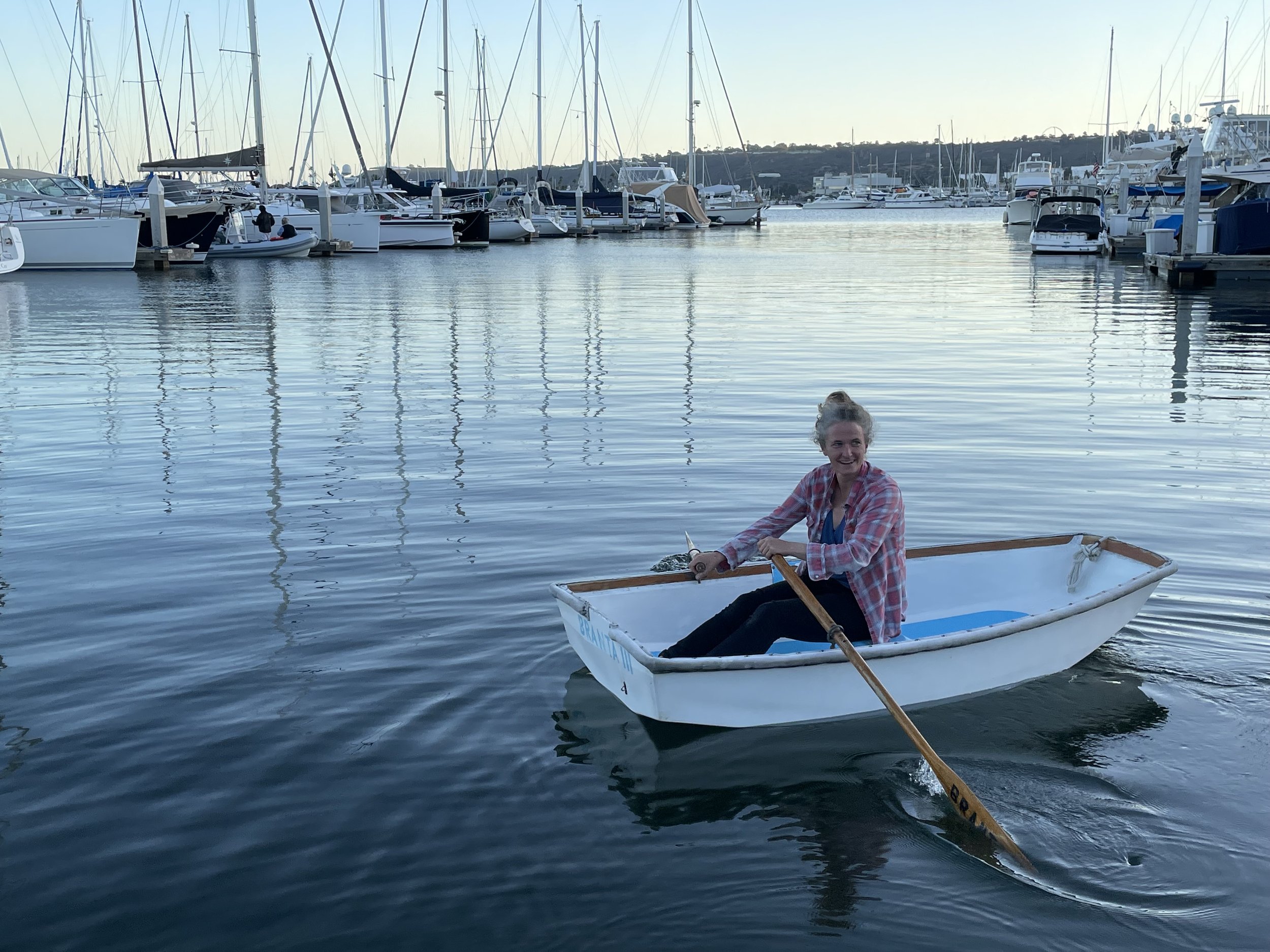What is your background and what are you working on at the moment?
My background is in engineering which I studied after high school in France where I grew up. The system there is a bit different so it sort of worked out to me getting a master’s degree in France. Engineering is considered a very solid career path in France, and though I didn’t love every aspect of it I decided to specialize in something I did like, which is fluid mechanics. We had to do a research internship and that is how I ended up getting into oceanography. I then went to grad school in the US at University of Rhode Island and got another masters and my PhD there. Then I did a postdoc at Caltech/JPL and eventually joined MOD in 2019.
Today I’m using satellite data, in particular sea surface temperature, salinity and altimetry and ocean color, to study many different things in the ocean. Currently I’m looking at data from the Bay of Bengal which was the focus area of the project MISOBoB that MOD participated in and collected data for during a cruise in 2019. The Bay of Bengal which is an interesting region for many reasons, not the least the very strong monsoon and high population density. I focus on the smaller temporal and spatial scales (kilometers and days-weeks). What are the patterns of surface salinity? Are there filaments that are repeatedly formed? How does that impact the monsoon? It’s a really fun and intricate problem.
What keeps you excited and interested in working in the field of oceanography?
There are always new things to learn and discover. You never run out of scientific questions surrounding the ocean. And the questions also vary depending on which ocean you study which is something I’ve realized from working in different places. I guess you could say that oceanography keeps you humble because you constantly get reminded of how much there is left to learn.
When you were a kid, did you expect to be a scientist or engineer?
Yes, that was never a question for me. I have always liked science and scored high on the exams throughout my school years. I’ve always known that I wanted to work in the scientific field.
Were there any particular things from your childhood that drew you to study the ocean?
No, not when I was a kid. I’ve tried a lot of things throughout my life and if I liked something I steered in that direction and I think that is why I ended up in this field. I wouldn’t call myself an ocean lover. I get really seasick on boats so that is something I’ve decided not to do. But I like to do specific research and enjoy deep diving into data and finding things that other people might not have found yet. I don’t think that you have to be super passionate about something to be interested in it and enjoy working with it. For example, I am not one of those people who has always loved oceanography. I love the ocean, but it wasn’t a trajectory that was set in stone. And that’s something I’ve enjoyed with the American grad school system, that there are opportunities for people with a diverse background, unlike in France where you have to do oceanography from the start if that’s what you want to get into.
What skills or abilities do you think are useful when getting into oceanography?
Humility, curiosity, patience, and open-mindedness. Humility is important, the ocean is so vast and there are just so many things we don’t know and it’s important to be able to admit that. Once we admit that we don’t know we can start thinking creatively about out how to measure and better understand things. I also think the ability to set boundaries and remember that your research is not your entire life. Detaching your worth as a human being from your output in academia is super important. The culture in academia is unfortunately not always very supportive of a healthy work-life balance and it takes work prioritizing your mental health and other things that are important to you. It’s not always easy, but I really think that you can make it work.
What does a typical workday look like for you?
That depends. I primarily use satellite data and if there is a question that comes up about something like temperature patterns or surface currents in a region I spring into action. The first thing I do is that I go gather data from various sources online. The advantage with satellite data is that it’s relatively easy to get your hands on multiple months/years of data. I make some figures and try to connect what I see in them with what the literature is saying, what observations are suggesting, and discuss that with Jen and the others. Satellite data is neat because you can add many layers of things. Maybe the front you’re interested in doesn’t appear as clear in sea surface temperature, but it might really stand out in chlorophyll, so I typically play around with many different datasets to try to understand what I’m looking at. Whether I’m investigating a question purely from the satellite data perspective or if the question came from something that was seen in observation can vary, but regardless, my workday is typically a lot of coding!
What drew you to Scripps?
I think that for me it had a lot to do with the people. The MOD group is a fun and inspiring group of people that I was excited to work with, especially Jen. I think it is so important to seek out good coworkers and mentors in academia. It’s tough field and it’s easy to get burned out and discouraged, so to find good people who support you and believe in you is crucial.
Is there a particular scientist/person/thing that inspires you?
Someone I very much look up to is Dr. Dawn Wright [editor’s note: Chief Scientist at ESRI]. I know from personal experience how hard it can be to be a black woman in oceanography and I can only imagine how much harder it must have been at the time she went through her PhD. When I’ve met her, I’m always struck by how kind of a person she is, she’s truly a bright shining light, and that is something I very much aspire to. Another scientist and human I look up to Dr. Amina Schartup who is an Assistant Professor at Scripps. She’s such a force of nature and always ready to give encouragement and no-bullshit advice.
Do you have a fun fact that you'd like to share that not everyone knows about you?
I call myself a “dry oceanographer”. I study the ocean, but I’m not someone who enjoys being at sea at all. There are many types of oceanography, and though “oceanographer” very often gets mistaken for “marine biologist” for some reason, I’ve learned that oceanography is very popular at customs or immigration. Whenever I am renewing my visa or entering the US, the person I get to talk to looks at my papers and when they see it says “oceanographer” on there always ask “Oh, are our oceans ok?”. I typically answer “yeah, I’m working on it” and that usually gets me the stamp in my passport that I need. Somehow there seems to be a large percentage of people working in immigrations who are very keen on ocean sciences which is perhaps a bit unexpected but very nice to see!
Written by Kerstin Bergentz





